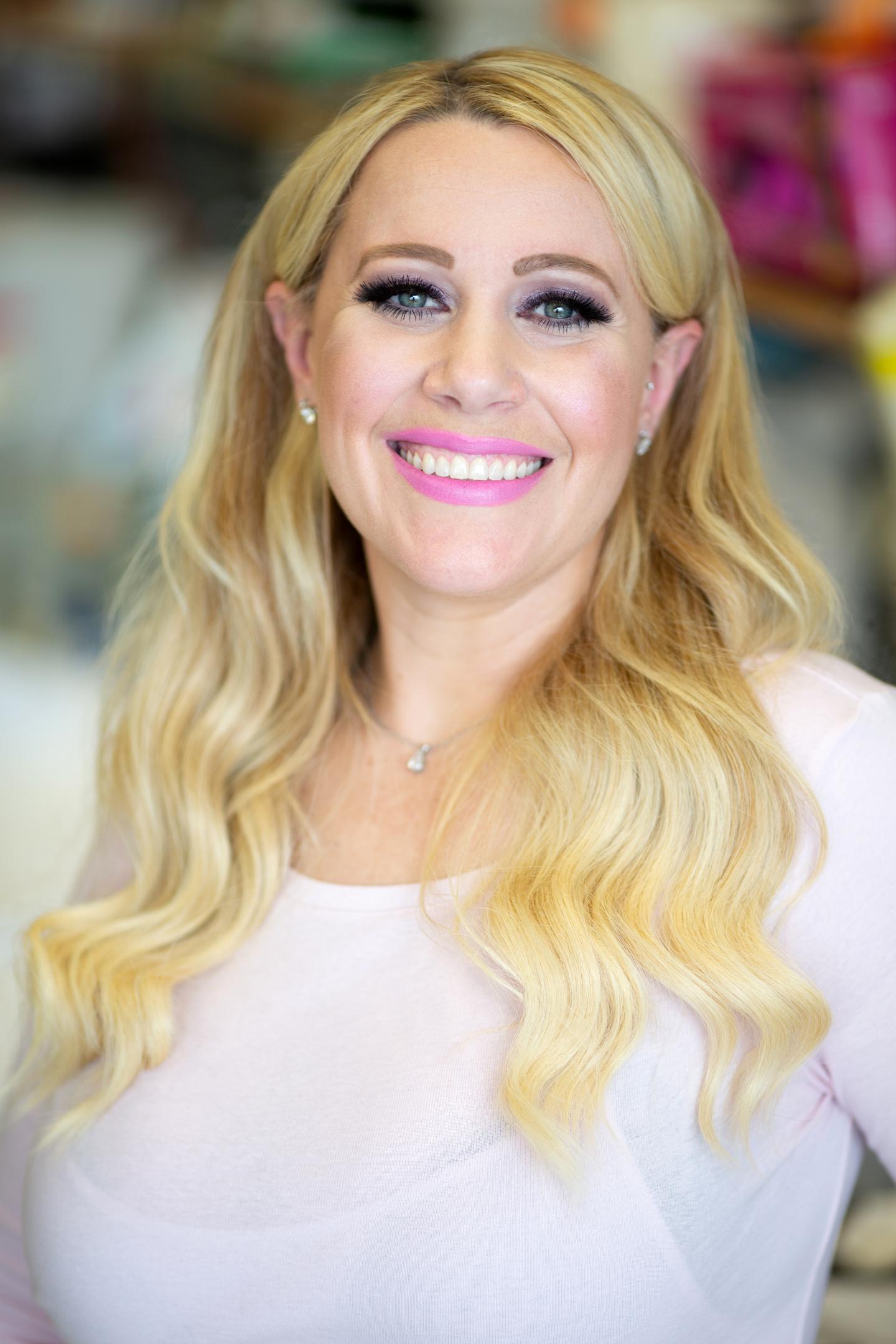
Credit: Salk Institute
LA JOLLA–(December 12, 2018) Associate Professor Janelle Ayres has been awarded $1.8 million over two years by the NOMIS Foundation to study health as an active process in which microbes–including the trillions of microorganisms that call the human body home–initiate interactions that promote the health of the host.
“Janelle’s thinking is both bold and unconventional, and it is already yielding new strategies to combat infectious disease,” says Salk President Rusty Gage. “We are very grateful for the NOMIS Foundation’s support, which will help ensure that the Ayres lab continues its groundbreaking research for the benefit of human health.”
NOMIS Foundation Managing Director Markus Reinhard added, “By supporting exceptional scientists like Janelle Ayres and partnering with pioneering institutions such as Salk–institutions that foster an environment conducive to the pursuit of high-risk high-impact research–we are, together, accelerating transformational insights and discoveries.”
As a member of Salk’s NOMIS Center for Immunobiology and Microbial Pathogenesis, which is also funded by the NOMIS Foundation, Ayres uses an approach grounded in mathematical and evolutionary predictions to understand how bacteria have evolved ways to promote our health. She asserts that the past 50 years of biomedical research has yielded valuable understanding of the mechanisms that cause disease, but very little clarity on mechanisms that promote health. In addition, though this time period has produced life-saving antibiotic drugs, it is also beginning to witness the rise of dangerous antibiotic resistance. Therefore, rather than asking how we can treat disease, Ayres avers, we need to ask, “How can we maintain health?”
She has published pivotal studies showing that in addition to the immune system, which kills pathogens, animals have what she calls the cooperative defense system, which protects them from infectious diseases by alleviating physiological damage without killing pathogens. By seeking to understand the underlying mechanisms behind this cooperative defense system, Ayres aims to tip the balance away from viewing host-microbe interactions as a zero-sum game in which one group must be destroyed for the other to survive toward a cooperative scenario of benign coexistence. Her work points to a new way to treat infectious and non-infectious diseases (such as pathologies associated with cancer and aging) without killing microbes–and therefore without relying on antibiotics, which drive dangerous microbial resistance.
Ayres has uncovered a number of discoveries in this area. In 2015, her lab found a strain of E. coli bacteria in mice that was capable of improving the animals’ tolerance to infections of the lungs and intestines by preventing wasting–a common and potentially deadly loss of muscle tissue that occurs in serious infections. In 2017, her team discovered that Salmonella bacteria can overcome a host’s natural aversion to food when sick, which results in more nutrients for the bacteria and a gentler infection for the host. Additionally, she recently published a paper in Cell that described how giving mice dietary iron supplements enabled them to survive a normally lethal bacterial infection and resulted in later generations of those bacteria being less virulent.
The NOMIS-supported project, called “Harnessing Physiological Health to Treat Disease,” will integrate concepts from evolutionary biology, physiology, host-microbe interaction and ecology to establish a new conceptual framework and approaches in which scientists can mechanistically understand what it means to be healthy and ultimately understand how to apply this knowledge to treat diseases.
Ayres earned her PhD in microbiology and immunology from Stanford University School of Medicine. In addition to recently being awarded an NIH Pioneer grant for $3.5 million for her creativity in pursuing new research directions, Ayres, who holds the Helen McLoraine Developmental Chair at Salk, also received a $1 million grant from the W.M. Keck Foundation, a Blavatnik National Award for Young Scientists, a Searle Scholars Program award and a Ray Thomas Edward Foundation award.
###
About the Salk Institute for Biological Studies:
Every cure has a starting point. The Salk Institute embodies Jonas Salk’s mission to dare to make dreams into reality. Its internationally renowned and award-winning scientists explore the very foundations of life, seeking new understandings in neuroscience, genetics, immunology, plant biology and more. The Institute is an independent nonprofit organization and architectural landmark: small by choice, intimate by nature and fearless in the face of any challenge. Be it cancer or Alzheimer’s, aging or diabetes, Salk is where cures begin. Learn more at: salk.edu.
Media Contact
Salk Communications
[email protected]
858-453-4100
Original Source
https:/




